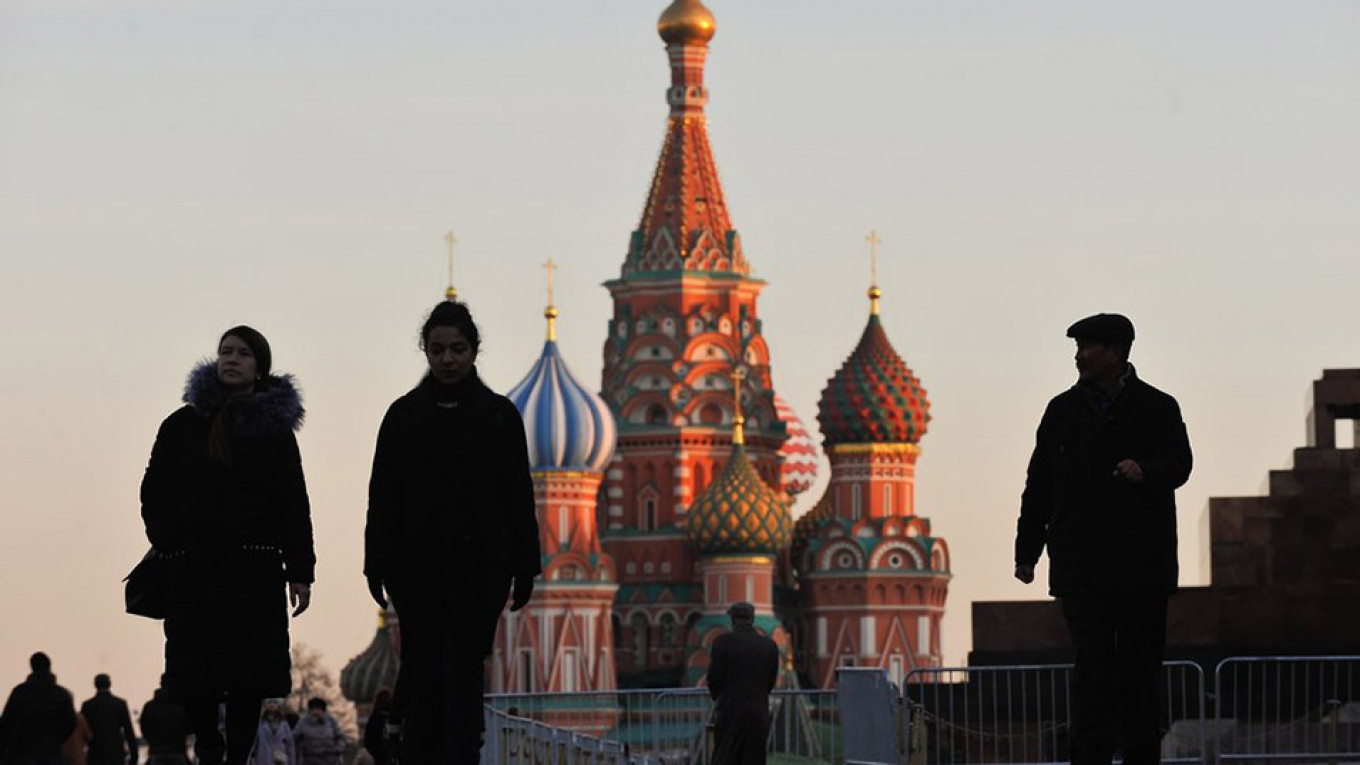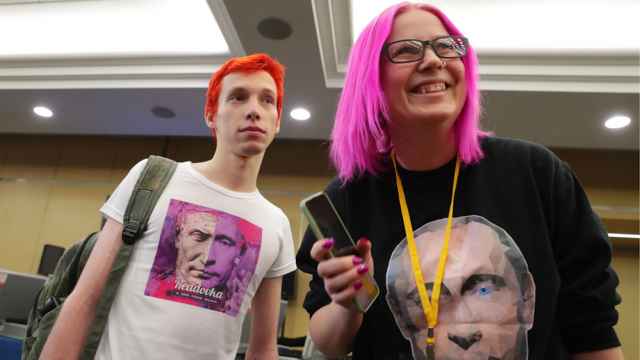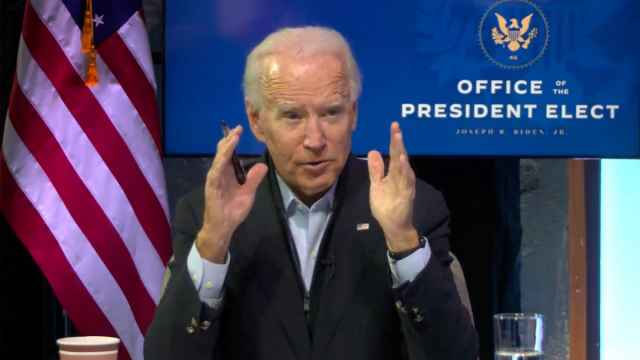The number of young Russians who would like to move out of their home country has soared to a 10-year high, according to an independent Levada Center poll published Tuesday.
Sociologists have warned that younger generations’ increasing willingness to move abroad risks hurting Russia’s economy, while the Kremlin dismissed it as no cause for alarm. The share of young Russians who want to emigrate has been creeping upward in the years since Russia annexed Crimea in 2014, when it was at just 20%.
According to Levada's latest results, 53% of Russian respondents aged 18 to 24 would like to emigrate. This marks a 16% increase in five months and is the highest share of respondents since 2009.
“Young people don’t take the state’s offered development model seriously; meanwhile, their life isn’t as settled as that of the older generation,” The Bell news website quoted Levada sociologist Stepan Goncharov as saying.
“They focus on global channels of information dissemination and are more likely to be in a cross-border linguistic and cultural space,” The Bell quoted Goncharov as saying.
The 25 to 39 age group was the next most likely to want to emigrate (30%), Levada said.
Across all age groups, 21% of Russians expressed a desire to leave their home country. This figure is the highest since 2013, when 22% said they would like to move abroad.
Respondents were most likely to name concern for their children’s future, the economy, Russia’s political situation and better medical care abroad as their biggest reasons to consider leaving.
President Vladimir Putin’s approval rating was higher among respondents who said they would rather stay in Russia than those who wanted to leave, Levada said.
Levada conducted the survey among 1,601 respondents in 50 Russian regions between Sept. 26 and Oct. 4.
A Message from The Moscow Times:
Dear readers,
We are facing unprecedented challenges. Russia's Prosecutor General's Office has designated The Moscow Times as an "undesirable" organization, criminalizing our work and putting our staff at risk of prosecution. This follows our earlier unjust labeling as a "foreign agent."
These actions are direct attempts to silence independent journalism in Russia. The authorities claim our work "discredits the decisions of the Russian leadership." We see things differently: we strive to provide accurate, unbiased reporting on Russia.
We, the journalists of The Moscow Times, refuse to be silenced. But to continue our work, we need your help.
Your support, no matter how small, makes a world of difference. If you can, please support us monthly starting from just $2. It's quick to set up, and every contribution makes a significant impact.
By supporting The Moscow Times, you're defending open, independent journalism in the face of repression. Thank you for standing with us.
Remind me later.






